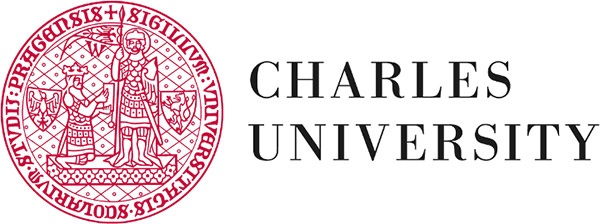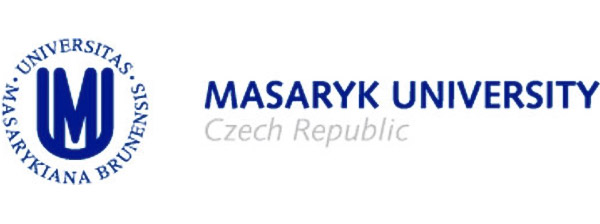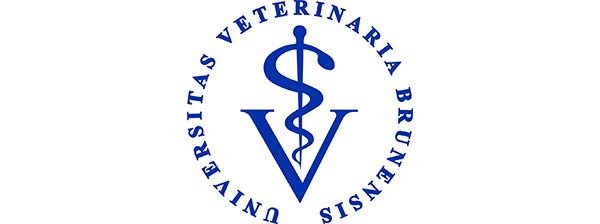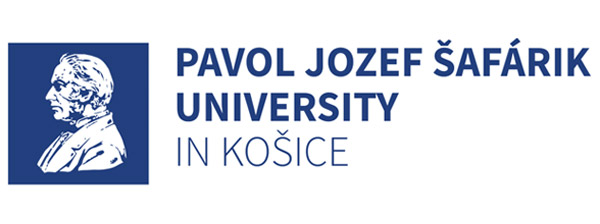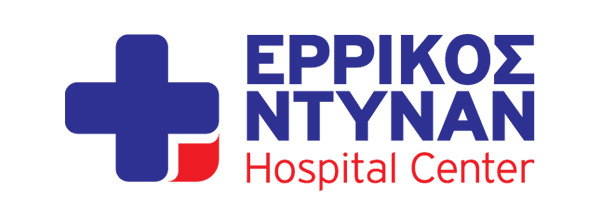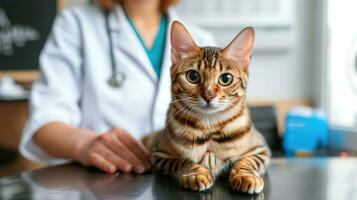
Medicine – Safeguarding Animal and Public Health
Veterinary Medicine is the scientific field dedicated to the health, diagnosis, prevention, and treatment of animal diseases, as well as to public health and the safety of animal-derived food products. Veterinarians care for pets, livestock (such as cattle, sheep, and pigs), and wild animals, contributing to both animal welfare and human health by managing zoonotic diseases.
The Veterinary Medicine curriculum includes:
- Fundamental sciences such as anatomy, physiology, biochemistry and microbiology
- Clinical subjects related to the diagnosis and treatment of diseases across various animal species
- Hands-on training in veterinary clinics, farms, and research centers, where students develop surgical and diagnostic skills
Veterinarians can pursue careers in private practices, zoos, pharmaceutical companies, government agencies, wildlife rescue centers and research institutions.
Veterinary Medicine is not limited to animal treatment - it plays a key role in public health, helping prevent and manage diseases that can be transmitted from animals to humans (zoonoses), such as rabies and salmonella. Veterinarians are also responsible for ensuring the safety and quality of food of animal origin, protecting consumers' health.
This complex field requires a strong passion for animals, scientific expertise, and dedication, bridging the health of animals, people and the environment within the "One Health" approach.
Study Veterinary Medicine at the University of Veterinary Sciences Brno
Explore the full academic program.
- The program is taught in English
- Offered by the Faculty of Veterinary Hygiene and Ecology
- Located in the city of Brno, Czech Republic
- Duration of studies: 6 years
- Entrance exams are organized by CMS, held in Athens (July) and Portugal (May) in collaboration with the University
- Applicants are tested in Chemistry and Biology
- Tuition fees: 195,000 CZK/year (~€7,800), payable in two installments
The Faculty of Veterinary Hygiene and Ecology prepares students for careers in veterinary medicine, with a special focus on animal health, food hygiene, and infectious diseases.
Graduates receive the qualification of Doctor of Veterinary Medicine and can work as veterinarians, food and feed inspectors, diagnostic lab specialists, researchers, or public health officers.

